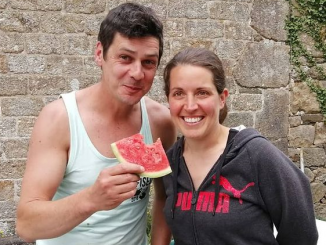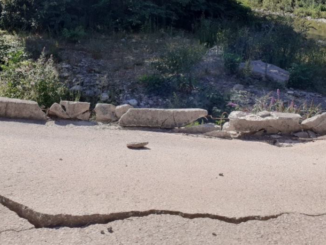
Basically, the French authorities want to stabilise their financial contribution to the EU budget – about € 20 billion per year- and keep the CAP enveloped at its current level. CAP money represents three quarters of the money returned to France. However, French officials admit it will be difficult to get something from both sides. If President Sarkozy wants to reduce the proposal on the multi-annual financial perspective, saving hundreds of billions of euros, it will be difficult to continue saying “do not affect the CAP” at the same time.
Convergences and markets
In terms of convergence among Member States, France would lose 3% of money on Pillar 1 while gaining a bit on Pillar 2, but the Commission does not want to provide detail on how much at this early stage of discussions. France’s reaction is still tactically favouring a financial redistribution towards Central European Member States, according to previous standing led by former French Farm Minister Michel Barnier in 2008.
The reaction is quite different regarding internal convergence. France is refusing the current proposal to end the individual historical references for subsidies by December 2018 – farmers need time to adapt in order to avoid disruptive changes, including in beef, milk and mixed systems. According to conservative farm lobbies, “the stair is too high”… Notwithstanding the lack of legitimacy of the CAP susbsidies, some still think that the CAP will continue to serve as a cash cow, supporting French farmers to become more competitive in feeding the world!
Capping direct payments has created very little reaction since French farmholdings would not be affected, except for a handful of one thousand that receive subsidies beyond €150.000 that is 0.25% of the total.
With regard to Common market organisation, the basic reaction is to strengthen the proposals, improving those on the farmers’ bargaining power in the food chain as well as extending the sugar quotas until 2020. However, French officials are aware that political negotiations will be harder on market aspects.
Greening or not greening…
Since the beginning, French authorities have been quick to point out that they have always supported the principle of greening Pillar 1 of the CAP, expecting to maximise a green-washed cash return. But a ceiling of 30% for direct payment dedicated to greening is judged to be too high. According to the Farm Ministry, the extent of greening should drop – a figure of 15% was quoted instead of 30%, as well as the rate of Ecological focus areas to 5% maximum. French authorities are seeking new flexible measures on how to green subsidies, because they fear a ‘super cross-compliance’ behind the current proposals, which could hamper farmers with penalties and burdens.
On the other side of the CAP, rural development proposals have also generated few reactions. French authorities first want a political move about the new definition of simple less-favoured areas that could entail money cuts before going further into the content. Excluding this red line, it seems that rural development is not a political priority at this stage.





